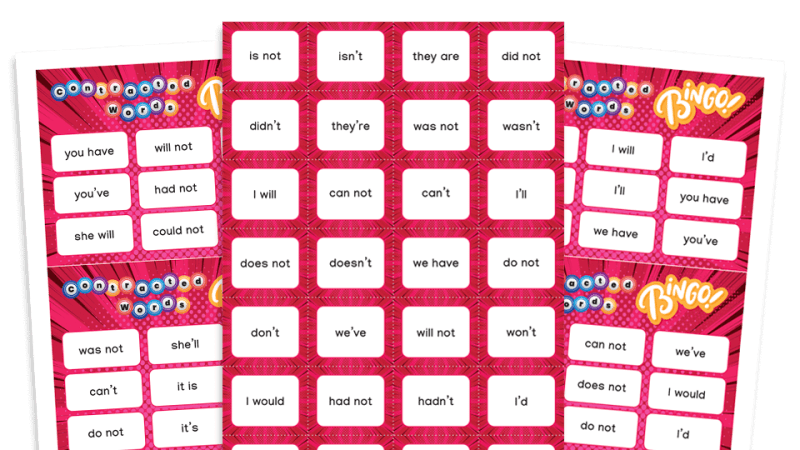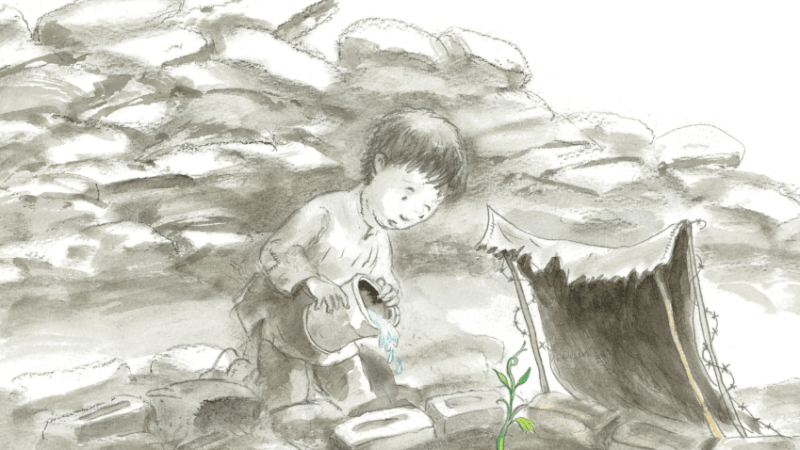Why British Kids Need Stories from Other Countries

If children only ever read books originally written in English, they’re missing out on a whole world of opportunity and excitement, argues Daniel Hahn

- by Daniel Hahn

There must have been others before Asterix, of course – fairy-tales, probably, and at some point I definitely met Miffy, Pippi Longstocking, Emil and the Detectives… but Asterix was my favourite for a long, long time.
It made me laugh, and still does, with jokes from the pen of master-translator Anthea Bell, whose name I would never have known but whose work I adored.
Because of course the Asterix albums are foreign books, translated books, books that came to us from elsewhere and another language; and yet they made their home comfortably in my childhood bedroom in North London and were very welcome there.
Jump forward a few decades, and now I work with children’s books (I recently published the new Oxford Companion to Children’s Literature) but I’m also a part-time translator myself.
I’ve translated about 30 books, from Europe and Africa and the Americas, nearly half of them for children. You almost certainly haven’t heard of them. Because how many can you name, how many contemporary children’s writers who produce their work in a language other than English?
If you’re a reader of Teach Reading and Writing, you can likely name many writers for children and teens, but I’d bet almost all work in English. Yet 95% of the world do not.
A varied diet
But why does the imbalance matter? Why should we care if our children are fed diets of nothing but 100% pure Anglophone writing?
After all, we do have an awful lot of it! We publish tens of thousands of children’s books in the UK every year (even without French, Spanish, Italian, Polish imports), and it’s something the Anglosphere does well; even with those xenophobic restrictions to their diet, British kids are hardly going to run out of things to read anytime soon, are they?
Well, no, it’s true – there’s no shortage of English-language books. But I think we should be reading much wider anyway, for two quite basic reasons.
Reading helps us map the world. It’s how we learn to inhabit other people, to see what they see, to frame our thoughts to theirs. And most of those people are elsewhere.
Children have a much better chance of having their worldviews expanded than we do, of being changed by that alchemical process that adds imagination to understanding and transforms it into empathy.
If we believe that reading does this, that it encourages acceptance of others, curiosity about the world, why would you feed that curiosity with a single repeated dish, so palatable because it’s already so familiar?
My translations have allowed readers to empathise with a Quebecois seven-year-old and an Angolan gecko and a Brazilian footballer and a Spanish explorer and a woman who wears a watermelon on her head just because it makes her happy.
None of these stories, these voices, these views of the world started out in English – but all are in English now, and all bring my readers a tiny something that’s new. A sliver of a new culture, an aesthetic, a storytelling tradition.
Unnecessary limitations
So that’s one argument: reading widely is mind-expanding, empathy-building, horizon-widening – all that sort of thing. But there’s another, which is simply about numbers.
Imagine I proposed the following: that UK readers should be allowed to read Pride and Prejudice, but not Jane Eyre; that Dickens and Shakespeare are out, and so is Ian Rankin, but you can certainly read The Handmaid’s Tale, if you like.
No Harry Potter, no Game of Thrones, I’m afraid; but we’re fine with The Hitchhiker’s Guide to the Galaxy and Thomas the Tank Engine and all the Jeffrey Archer you can manage.
My proposition, quite simply, is that you may read books by authors whose surnames begin with an ‘A’. Alright?
We do after all publish thousands of such A-authored books every year in the UK – far more than you could ever hope to read, even if you’re deprived of the whole rest of the alphabet, so there should be plenty to keep you busy! Where’s the problem?
The problem, of course, is that my arbitrary criterion means you’re missing out on the vast majority of the good stuff out there.
Sure, it’s great we have so many A-authors to read, but why limit yourself unnecessarily? Limiting ourselves to books originally written in English is, I’d argue, every bit as arbitrary, and deprives us and our children of the great majority of literary riches in just the same arbitrary way.
If we want our children – and ourselves – to have access to the best books (the funniest, the liveliest, the most powerful, with the most vivid settings and characters who’ll live forever), deciding to dismiss all but a relative few of the world’s books as pre-emptively ineligible for our attention means we’re going to be missing out on the best, on a colossal scale.
Too good to miss
Asterix, Babar the Elephant, Tintin, Pinocchio, the Moomins, Pippi Longstocking, The Little Prince, Miffy, Heidi, Swiss Family Robinson… An arbitrary language barrier would have diminished my childhood reading – and my discovery of a love of books – dramatically; and not because these were things I read particularly to broaden my horizons and understand people in worlds unlike my own (though that’s a useful bit of collateral benefit), but because they were great stories, brilliantly told.
Can you imagine how much we’re missing out on today? One of the projects I’ve been working on lately to bring some of today’s great writing into English from abroad has been Aarhus39, a partnership between the Hay Festival and Aarhus 2017 European Capital of Culture.
We’ve identified 39 amazing young writers for children and teens from across Europe and are celebrating their work, beginning with a pair of new anthologies, Quest and Odyssey.
The collections include six writers who write in English, and 32 who don’t, most of whom have never been translated before – so yes, some of the best new UK writing talent is there, but so are their equally stunning peers from Denmark, Germany, Portugal, France and 15 other countries.
A dispiriting reminder of just how much we’re missing, perhaps; but at least it’s a tantalising start, too…
The inaugural International Children’s Literature Hay Festival will take place in Aarhus, Denmark, 26-29 October. Find out more at hayfestival.org/aarhus39.
 Daniel Hahn is a writer, translator and the editor of Quest and Odyssey two new anthologies for young people, published by Alma Books and Hay Festival.
Daniel Hahn is a writer, translator and the editor of Quest and Odyssey two new anthologies for young people, published by Alma Books and Hay Festival.











